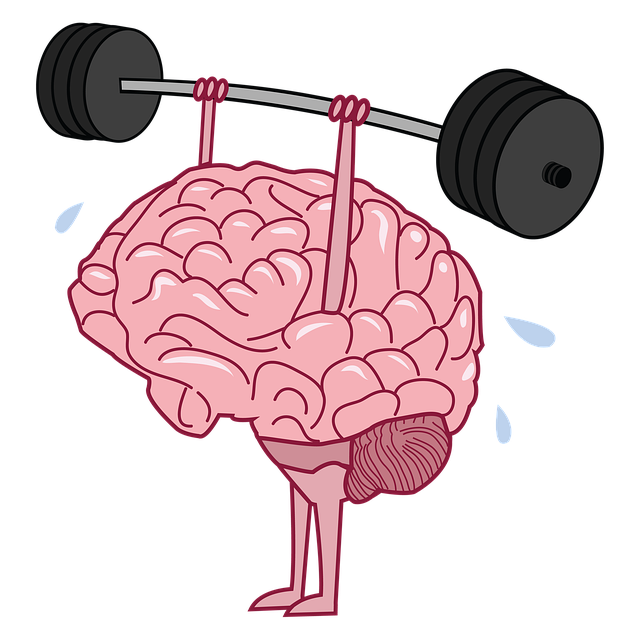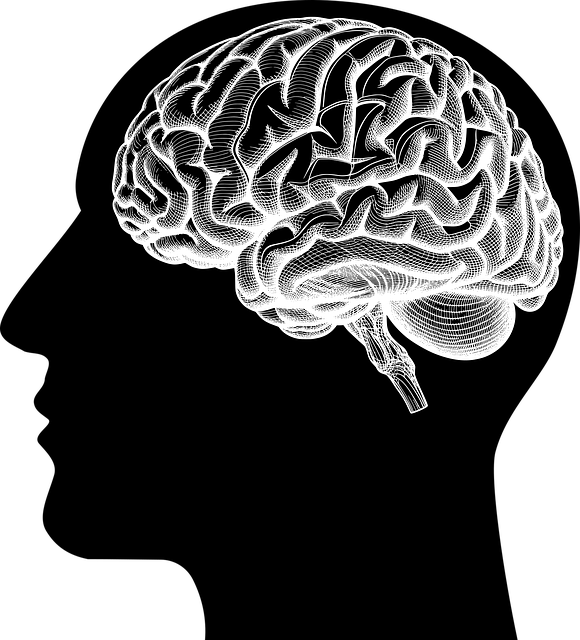Depression, a complex mental health disorder, is managed through techniques like Westminster Stress Management Therapy (WSMT), which promotes emotional regulation with practices like journaling and mindfulness. Early intervention through Mental Health Education Programs and public awareness campaigns prevents escalation. Prevention involves daily coping strategies such as exercise, adequate sleep, balanced nutrition, hobbies, and integrating WSMT into routines to build resilience against life's challenges.
Depression is a prevalent and serious mental health concern, affecting millions worldwide. Understanding its triggers is essential in preventing and managing it effectively. This article delves into three key areas: recognizing depression and its instigators; exploring practical daily coping strategies; and examining the benefits of Westminster Stress Management Therapy as a powerful tool to combat this condition. By implementing these strategies, individuals can take proactive steps towards a healthier mind and improved overall well-being.
- Understanding Depression and its Triggers
- Practical Strategies for Daily Coping
- The Role of Westminster Stress Management Therapy
Understanding Depression and its Triggers

Depression is a complex mental health disorder that significantly impacts an individual’s daily life and overall well-being. It’s more than just feeling sad or overwhelmed; it’s a persistent state of low mood and loss of interest in activities once enjoyed, often accompanied by various physical and cognitive symptoms. Understanding the triggers behind depression is crucial for prevention. Many factors can contribute to its onset, including genetic predisposition, hormonal changes, brain chemistry imbalances, traumatic life events, chronic stress, or certain medical conditions.
In today’s fast-paced world, managing stress effectively has become a critical aspect of maintaining mental wellness. Westminster Stress Management Therapy offers valuable guidance in this area. Through specialized techniques and exercises, individuals can learn to recognize and manage their stress responses. Encouraging practices like journaling and mindfulness exercises have proven beneficial for emotional regulation. Additionally, designing comprehensive Mental Health Education Programs and developing public awareness campaigns can play a significant role in promoting early intervention and support networks, ultimately preventing depression before it intensifies.
Practical Strategies for Daily Coping

Depression prevention starts with adopting practical strategies for daily coping. One effective approach is integrating Westminster Stress Management Therapy into one’s routine. This form of therapy teaches individuals techniques to manage stress, regulate emotions, and cultivate resilience. By learning mindfulness exercises, cognitive reframing, and other evidence-based practices, people can better navigate life’s challenges without succumbing to depressive episodes.
Public Awareness Campaigns Development plays a crucial role in destigmatizing mental health issues and encouraging individuals to seek help early on. Simultaneously, Self-Care Routine Development for Better Mental Health is essential. Simple yet impactful acts like regular exercise, adequate sleep, balanced nutrition, and engaging in hobbies can significantly improve emotional regulation. Combining these practices with professional support creates a robust foundation for maintaining mental well-being.
The Role of Westminster Stress Management Therapy

Westminster Stress Management Therapy (WSMT) is a highly effective approach to depression prevention and mental well-being. This therapy focuses on empowering individuals to manage stress and cultivate resilience, which are key factors in maintaining a healthy mind. WSMT incorporates various techniques such as mindfulness, cognitive reframing, and relaxation exercises tailored to each person’s unique needs. By learning to identify and change negative thought patterns, individuals can boost their confidence and develop strategies to cope with life’s challenges more effectively.
The benefits of WSMT extend beyond immediate sessions. As individuals gain practical tools for stress management, they build resilience that helps them navigate difficult situations. This proactive approach not only prevents depressive episodes but also fosters a sense of control and emotional stability. By addressing the root causes of stress and implementing healthy coping mechanisms, WSMT plays a pivotal role in empowering individuals to take charge of their mental health and overall well-being.
In understanding depression and its triggers, we’ve explored practical strategies that can be integrated into daily routines. Westminster Stress Management Therapy emerges as a powerful tool alongside coping mechanisms for managing stress and preventing depressive episodes. By combining awareness of personal triggers with evidence-based techniques, individuals can proactively navigate mental health challenges, fostering resilience and improving overall well-being.












